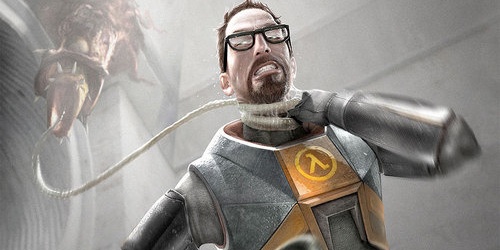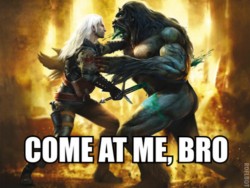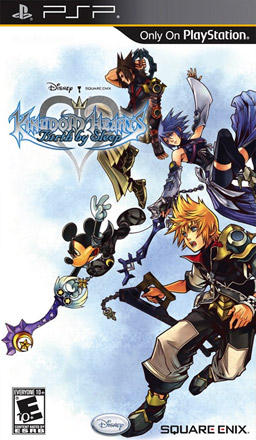 At the risk of being called a Valve fanboy (I’m really not), I have to say that I think Gabe Newell is probably one of the more brilliant minds in the videogame industry. That’s probably a cliche opinion to have about the guy, but I’ll stick by it until he shows me other wise. I’m pretty much fascinated by everything he says in interviews, mostly because he comes across as a guy that not only understands the business he’s in, but understands gamers. That’s a tricky shot for a CEO to hit consistently, and he managed to do it without making a fool of himself too often (PS3 cracks aside).
At the risk of being called a Valve fanboy (I’m really not), I have to say that I think Gabe Newell is probably one of the more brilliant minds in the videogame industry. That’s probably a cliche opinion to have about the guy, but I’ll stick by it until he shows me other wise. I’m pretty much fascinated by everything he says in interviews, mostly because he comes across as a guy that not only understands the business he’s in, but understands gamers. That’s a tricky shot for a CEO to hit consistently, and he managed to do it without making a fool of himself too often (PS3 cracks aside).
In a recent interview with The Cambridge Student Online, Newell waxes philosophical about a number of subjects relating to Valve, including Half-Life as a response to the dumbing down of the FPS genre, the decision to make TF2 free to play and what he expects of CS: GO. One of the more interesting parts of the interview, however, is what he has to say about piracy. You see, Newell doesn’t view piracy as that big of an issue for Valve:
“In general, we think there is a fundamental misconception about piracy. Piracy is almost always a service problem and not a pricing problem. For example, if a pirate offers a product anywhere in the world, 24 x 7, purchasable from the convenience of your personal computer, and the legal provider says the product is region-locked, will come to your country 3 months after the US release, and can only be purchased at a brick and mortar store, then the pirate’s service is more valuable. Most DRM solutions diminish the value of the product by either directly restricting a customers use or by creating uncertainty. Our goal is to create greater service value than pirates, and this has been successful enough for us that piracy is basically a non-issue for our company.
This actually ties into something that we all talked about on a podcast, many moons ago. When it becomes just as convenient and valuable enough to get a product at a price you’re willing to pay for it as it is to steal it, piracy loses all meaning. Now, I know this is a touchy subject (and we always talk about how touchy of a subject it is), but as much as I do what I can to distance myself from piracy, I at least acknowledge that video game companies don’t always handle this well.
However, given the recent admission from CD Projekt that DRM-less Witcher 2 was pirated 4.5 million times, does anybody have any idea at all how to make their products more valuable than free? What say you guys? Weigh in and keep it tidy. Go!
Source – TCS

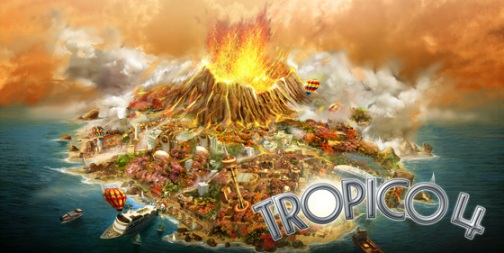


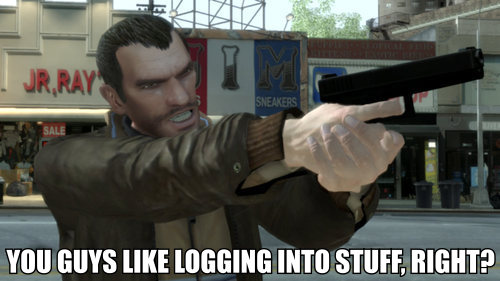

 Our favorite men in blue are back, eager to bring gaming justice to a spattering of industry-related topics from the last few weeks: Nintendo’s stance against indie developers, Sony’s subpoenas and Microsoft’s On Demand pricing.
Our favorite men in blue are back, eager to bring gaming justice to a spattering of industry-related topics from the last few weeks: Nintendo’s stance against indie developers, Sony’s subpoenas and Microsoft’s On Demand pricing.